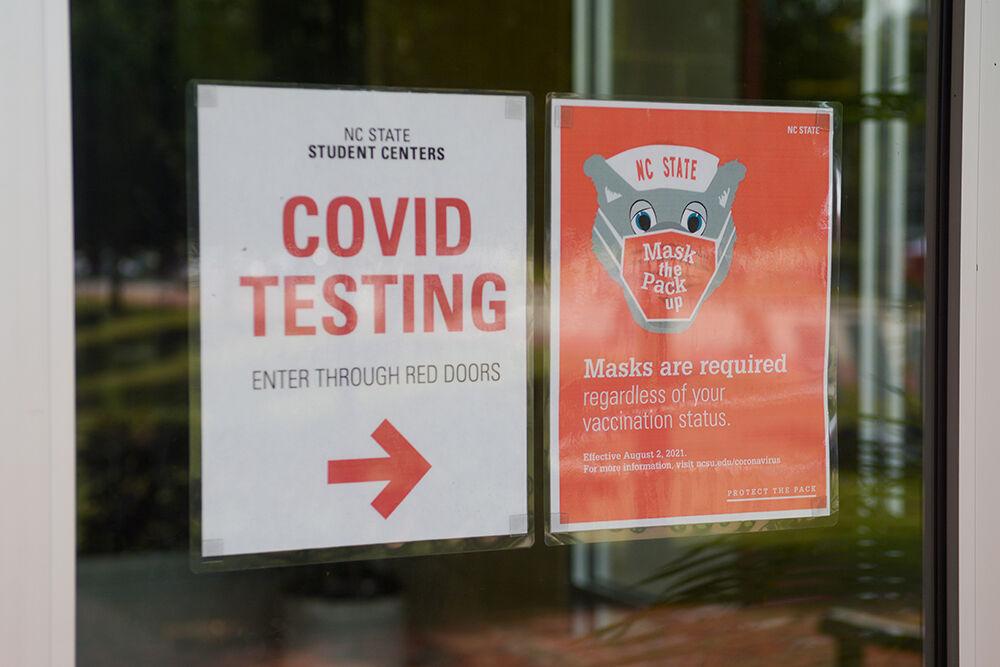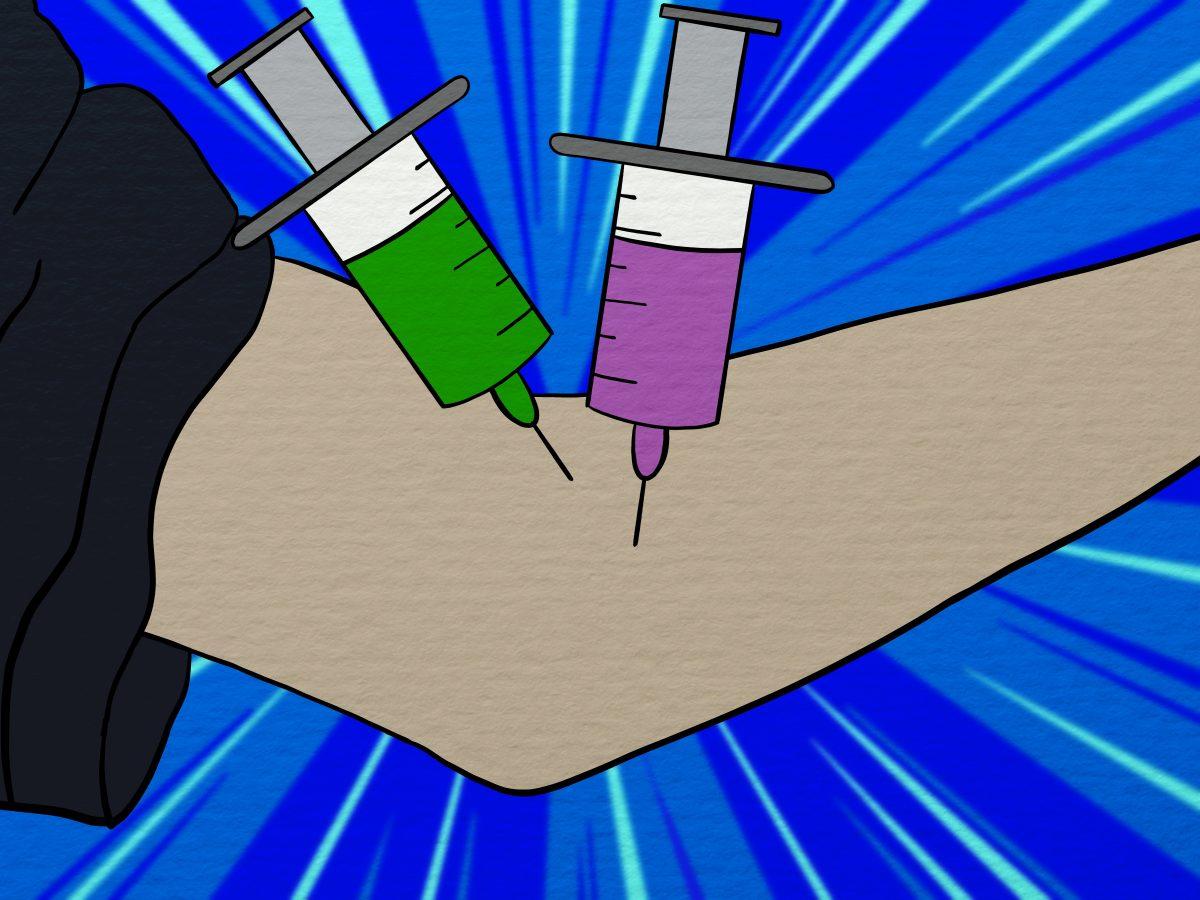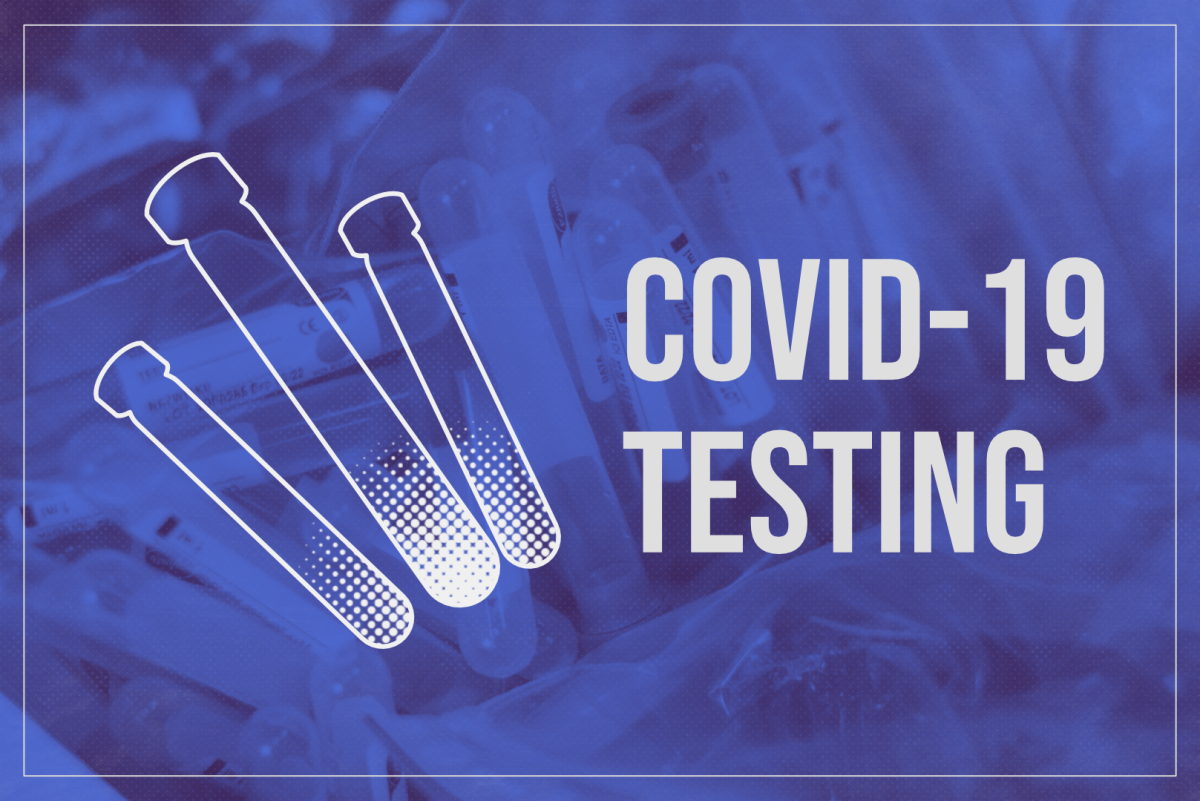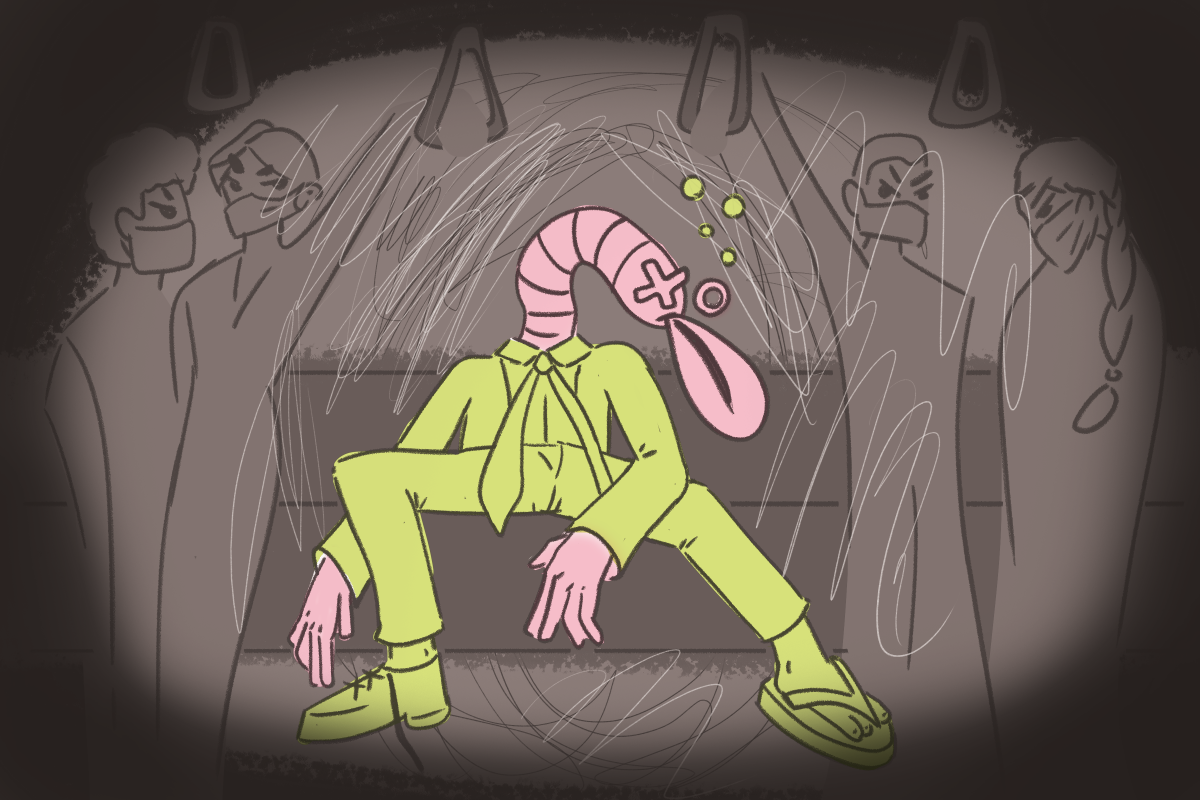Right now, there are thousands of people across North Carolina locked in jails and prisons. The cells they inhabit vary in quality, but in general are dirty and close-quartered. With each passing day, the virus outside inches closer and closer to their environment, ripe for transmission, and in some places the defenses have started to show cracks. So too with each passing day do cellmates, families, activists and people like me wonder when — or even if — Gov. Roy Cooper will act with his explicit constitutional power of commuting sentences to save the lives he very well can.
Our governor cannot hesitate, nor can he simply postpone the decision any longer. Once the virus finds its way into jails and prisons, very little stands in its way to bring death to the inhabitants. Take for example Rikers Island, where the rate of infection is 5-times higher than New York City.
Coronavirus doesn’t discriminate; it doesn’t care if you belong on Rikers Island or the county jail. It doesn’t matter if you’re a murderer or just drowning in debt. At the end of the day, all that matters is how many people it can infect and how easy they are to infect. Cooper has the power to reduce this number and increase the difficulty of transmission.
If he wanted, tomorrow he could commute the sentences of almost anyone he wants. He is even allowed to set broad guidelines of qualification for being commuted. Such guidelines might include accepting those who are within one year of being released, those who have not committed violent offenses, those who are over a certain age, or those who have certain ailments that make them less likely to recover. Or, if that is too broad for him, Cooper could choose one of the many other options at his disposal; the qualifications are his to decide, and he can even DELAY punishment if he feels that is the necessary course of action.
By doing so, Cooper would also decrease the number of inmates in these facilities, a preventive measure medical officials urged in their letter to Cooper on March 27th. The governor has previously even acknowledged the issue of those vulnerable in jails and prisons, but has not yet indicated he will shorten any sentences.
Inmates are people too. Many of these people have not committed violent offenses, many are close to the end of their sentences, many are being housed in jails awaiting trial — not even convicted, many are trapped by the debt of fees and fines, and many are especially high-risk people who have a good chance of dying if infected. They have families and friends awaiting them on the other side, and a society that would benefit if a hotspot of coronavirus infections was prevented. Many of them do not deserve to spend their last moments gasping for air behind bars. The choice for the governor is simple: he must save these lives by acting as the executive we need.



















